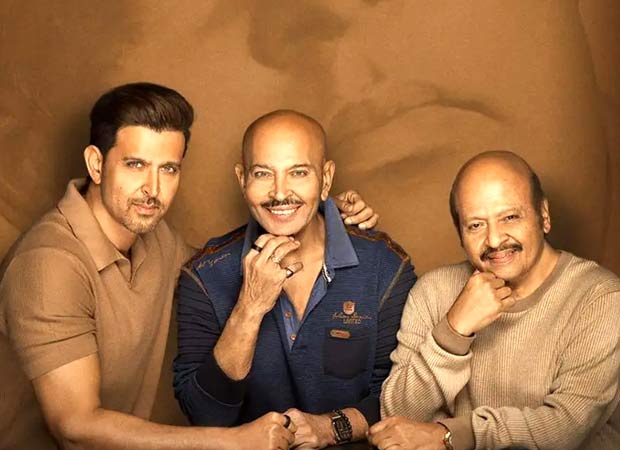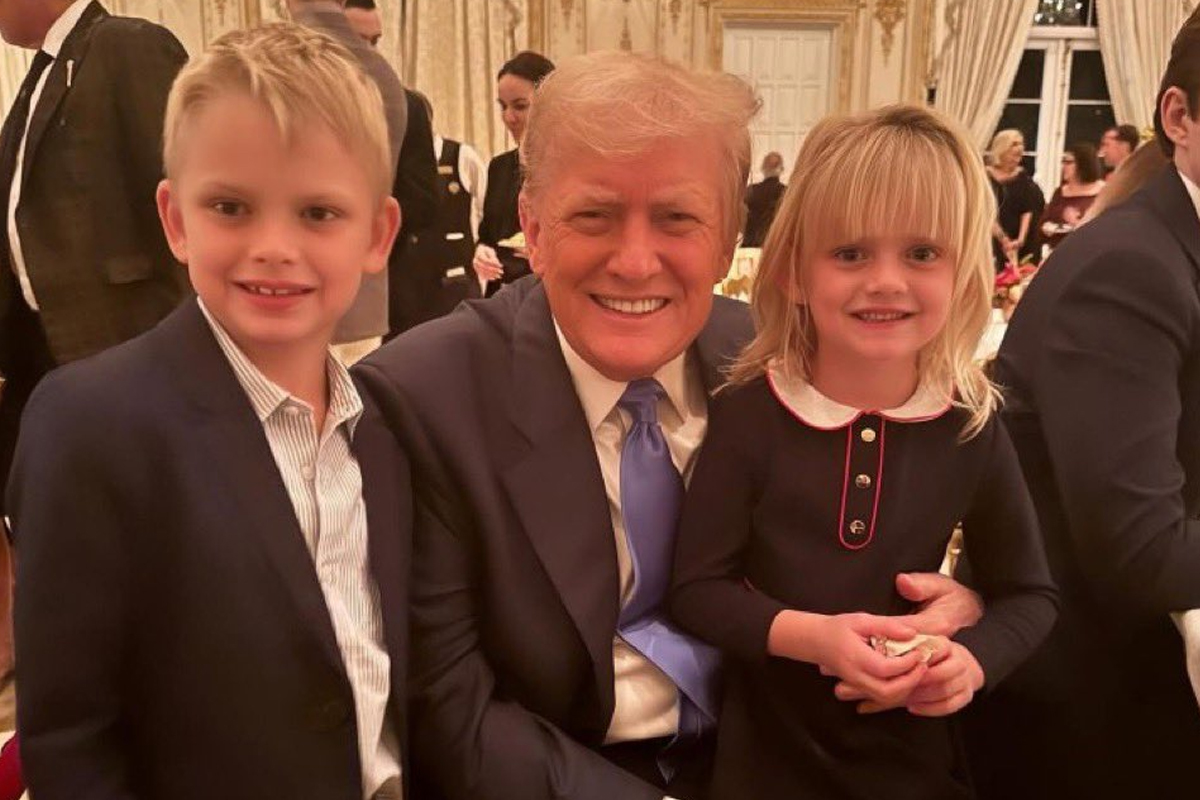An outbreak of Human Metapneumovirus (HMPV) in China has caused global concern.
In India, now has seven confirmed cases of HMPV — cases have been identified in two in Bengaluru, two in Nagpur, two in Tamil Nadu, and one in Ahmedabad.
ALSO READ |
How the country is preparing to stop spread of HMPV
According to the Indian Council of Medical Research (ICMR), none of the infected babies or their families have a recent history of travel.
As the world continues to recover from the threat of Covid-19, any similarity to the previous pandemic raises alarm.
However, health experts in India, along with the Union Ministry of Health and Family Welfare, have dismissed the possibility of HMPV causing widespread disruption.
What is HMPV?
Human metapneumovirus (HMPV) is a respiratory virus that can cause both upper and lower respiratory tract infections, such as cold. It is a seasonal illness, typically observed in winter and early spring, resembling viruses like Respiratory Syncytial Virus (RSV) and influenza.
Discovered in 2001, HMPV belongs to the Pneumoviridae family, which also includes RSV, as per the US Centers for Disease Control and Prevention (CDC).
Symptoms include coughing, wheezing, a runny nose, and a sore throat. According to the Cleveland Clinic, most cases are mild, but young children, adults over 65, and individuals with weakened immune systems are at a higher risk of severe illness.
HMPV is common, with most people contracting it before the age of five. While reinfections are possible, cases in the future are generally mild.
Research indicates the virus has been in circulation for at least six decades and is now widely recognised as a common respiratory pathogen worldwide.
ALSO READ |
After China, HMPV cases in India, Hong Kong: Is the scare of another pandemic real?
How similar is HMPV to Covid-19?
HMPV shares several similarities with Covid-19.
Both viruses cause respiratory symptoms such as coughing, fever, congestion, sore throat, and shortness of breath, and they spread through respiratory droplets, according to WebMD.
According to Science Direct, Covid-19 appears to be temperature-sensitive and seasonal. Similarly, HMPV infections tend to peak during distinct annual seasons, particularly from late winter to early spring, as per the US CDC. While HMPV can be detected year-round, cases are most prevalent during this period.
Former ICMR scientist Dr Raman Gangakhedkar has, however, dismissed fears of HMPV causing another pandemic.
He told News18, “It can only harm young children below five years who are yet to gain exposure or immunocompromised individuals, that too in rare scenarios.” He added that HMPV has been prevalent globally for many years, with most people already having developed immunity.
Studies suggest that HMPV cases surged in some regions after Covid-19 restrictions were lifted. Reduced exposure to viruses during lockdowns likely weakened immunity, leading to an increase in respiratory infections once precautions were eased.
How does HMPV spread?
Human metapneumovirus (HMPV) spreads primarily through respiratory droplets when an infected individual coughs, sneezes, or talks. It can also be transmitted via contact with contaminated surfaces or objects.
Dr Sanchayan Roy, senior consultant in internal medicine at Apollo Spectra, Delhi, explained to News18 that HMPV primarily targets the lungs and airways.
“While it generally presents with mild cold-like symptoms such as nasal congestion, cough, and fever, HMPV can lead to more severe complications like bronchitis or pneumonia, particularly in young children, older adults, and those with weakened immune systems,” Roy said.
⚠️ BREAKING:
China 🇨🇳 Declares State of Emergency as Epidemic Overwhelms Hospitals and Crematoriums.
Multiple viruses, including Influenza A, HMPV, Mycoplasma pneumoniae, and COVID-19, are spreading rapidly across China. pic.twitter.com/GRV3XYgrYX
— SARS‑CoV‑2 (COVID-19) (@COVID19_disease) January 1, 2025
What are the symptoms of HMPV? What causes the infection?
Symptoms of HMPV include:
The infection is caused by a virus from the Pneumoviridae family, which also includes those responsible for RSV, measles, and mumps, according to Cleveland Clinic. The virus uses human cells to replicate, spreading throughout the respiratory system.
Should India be worried?
Dr Atul Goel, Director-General of Health Services, reassured the public that there is no cause for alarm regarding HMPV.
He said that respiratory infections commonly surge in winter and that Indian hospitals are equipped with the necessary supplies and beds to handle such cases.
“I want to request the public to take general precautions, which means, those who have cough and cold should prevent coming in contact with other people to prevent the spread and take normal medicines prescribed for cold and fever… Otherwise, nothing to be alarmed about the present situation,” Dr Goel told ANI.
How HMPV is spreading in Asia
India has reported three confirmed cases of Human Metapneumovirus (HMPV), two in Bengaluru and one in Ahmedabad. According to the Ministry of Health, none of the patients had a history of international travel.
In China, HMPV cases have risen significantly, primarily affecting children under 14. Northern provinces have reported an increase in infections, and between December 16 and 22, 2024, a spike in acute respiratory diseases was observed, Reuters reported.
Images and videos circulating on social media show individuals wearing masks in hospitals. The Chinese authorities have also implemented emergency measures to curb the virus spread, The Independent reported.
Meanwhile, Malaysia recorded 327 HMPV cases in 2024, a 45% rise compared to 225 cases in 2023, as per The Straits Times.
Hong Kong has also identified a few HMPV cases while neighbouring countries like Cambodia and Taiwan are maintaining caution.
In Japan, authorities are closely monitoring the situation. Already grappling with a flu outbreak, Japan reported 94,259 influenza cases in the week leading up to December 15, 2024, according to the Japan Broadcasting Corporation.
With inputs from agencies

)





